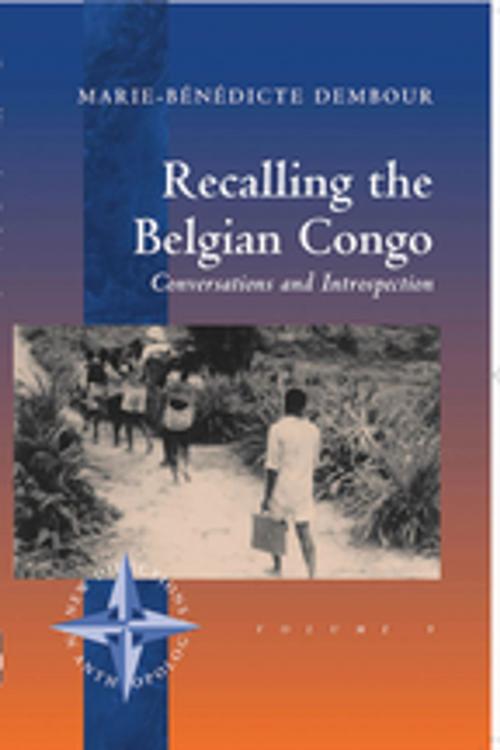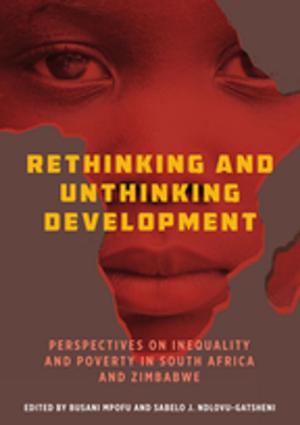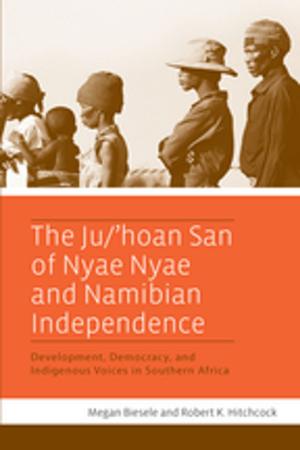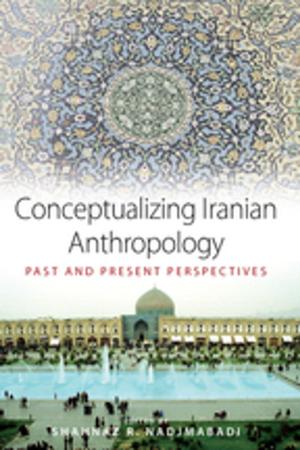Recalling the Belgian Congo
Conversations and Introspection
Nonfiction, History, Africa, Social & Cultural Studies, Social Science, Anthropology| Author: | Marie-Bénédicte Dembour | ISBN: | 9780857457127 |
| Publisher: | Berghahn Books | Publication: | September 1, 2000 |
| Imprint: | Berghahn Books | Language: | English |
| Author: | Marie-Bénédicte Dembour |
| ISBN: | 9780857457127 |
| Publisher: | Berghahn Books |
| Publication: | September 1, 2000 |
| Imprint: | Berghahn Books |
| Language: | English |
When the author embarked on her study, her aim was to approach former colonial officers with a view to analyzing processes of domination in the ex-Belgian Congo. However, after establishing a rapport with some of these officers, the author was soon forced to revise her initial assumptions, widely held in present-day Belgium: these officers were not the "baddies" she had expected to meet.
Exploring the colonial experience through the respondents' memories resulted in a far more complex picture of the colonial situation than she had anticipated, again forcing her to question her original assumptions. This resulted not only in a more differentiated perspective on Belgian colonialist rule, but is also sensitized her as regards the question of anthropological understanding and of what constitutes historical fact.
These two aspects of her work are reflected in this study that offers specific material on the way Belgian colonialism is remembered and reflects on its conditions of production, thus combining ethnographic analysis with a theoretical essay.
When the author embarked on her study, her aim was to approach former colonial officers with a view to analyzing processes of domination in the ex-Belgian Congo. However, after establishing a rapport with some of these officers, the author was soon forced to revise her initial assumptions, widely held in present-day Belgium: these officers were not the "baddies" she had expected to meet.
Exploring the colonial experience through the respondents' memories resulted in a far more complex picture of the colonial situation than she had anticipated, again forcing her to question her original assumptions. This resulted not only in a more differentiated perspective on Belgian colonialist rule, but is also sensitized her as regards the question of anthropological understanding and of what constitutes historical fact.
These two aspects of her work are reflected in this study that offers specific material on the way Belgian colonialism is remembered and reflects on its conditions of production, thus combining ethnographic analysis with a theoretical essay.















